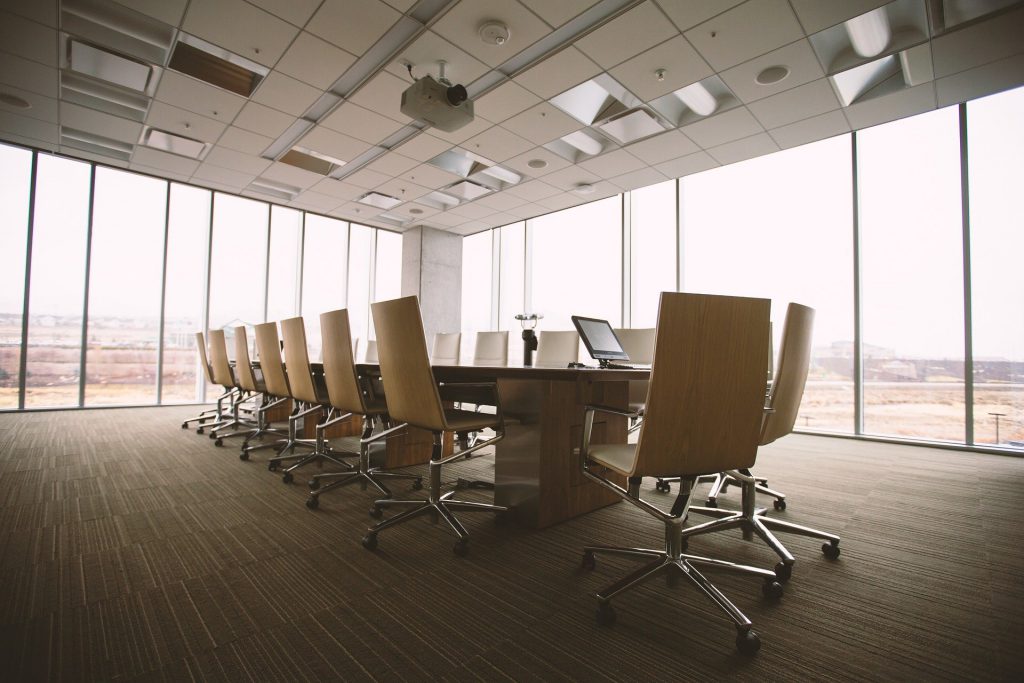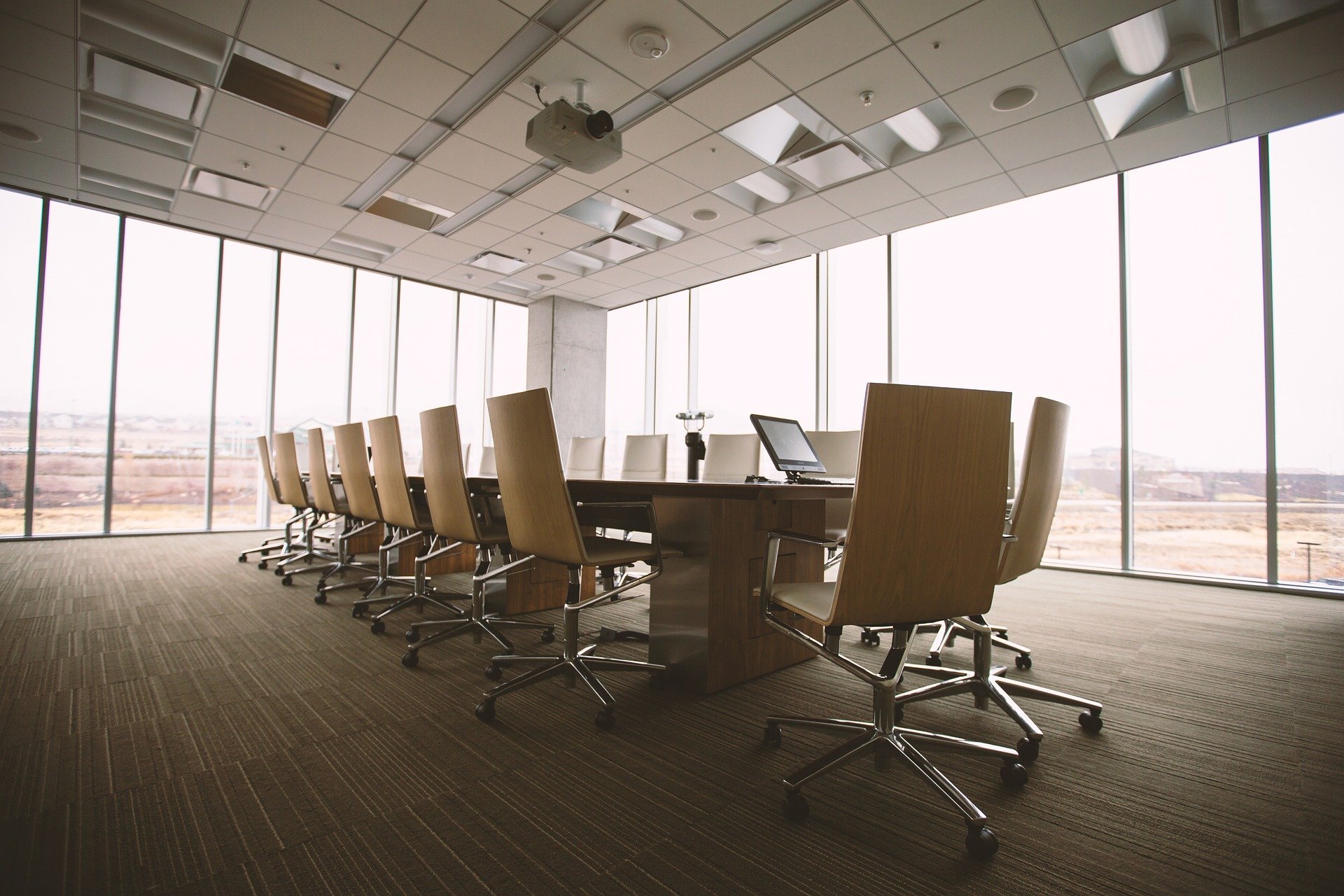As we all get ready to return to the business of work after the holiday season there are a few issues that may crop up for you.
Constantly living and working within the field of change I’ve had people approaching me with their concerns, fear and worries about what might lie ahead for them.
When I was recovering from the train crash I was pretty isolated and cut off from the day-to-day business of the world for almost 10 years and it was tough reconnecting back into society. However, I managed to, and it wasn’t long before I could stop consciously thinking about it, but it took a little bit of effort on my part.
Here I’ve listed a few of the concerns people have raised together with my advice which I hope might help:
“Small talk is going to be hard”

A few people have mentioned this subject and their worry that they will have nothing to say to their colleagues that doesn’t centre around their own lives.
I’ll be honest, small talk with colleagues may be hard to start with, however the more times you do it the easier it will become. I would suggest preparing yourself beforehand.
Think of subjects you could bring up in conversation. It could be as simple as a TV box set you’ve watched that was popular so the chances are the person you are talking to may have also caught it (remember we’ve all been in lockdown, so TV watching became part of the majority of lives). Or, perhaps, you took up a new hobby while we’ve been constrained that you can see if there is a common interest. Or find topics from the news (preferably non-covid) that could become a topic of conversation.
More importantly, take the initiative. Don’t wait for the other person to start conversation. Leap in yourself though remember to leave gaps for them to respond and for you to listen to them.
“How can I feel confident and energised with other people again”
There is no quick fix for this particular worry however you can recapture it again without a massive effort.
Firstly return to that adage of ‘fake it until you make it’. Start off by acting confident (avoiding arrogance) even if you’re trembling or feeling wobbly inside. I remember feeling quite nauseous at the start however this quickly faded the more times I ‘faked it’. It won’t take much before your confidence starts to rise again.
Then, take a trick from a speaker’s handbook (we get this from audiences), soak in the energy coming from the people in front of you. I have no idea what science would call it but there is a definite aura of energy we all carry and, when in close proximity to other people, particularly those we don’t know very well, it seems to combine and amplify. It’s hard to describe but trust me, if you can get into a positively charged or, even better, excited conversation with someone you’ll walk away with a buzz of energy.

“I’m feeling uncomfortable about returning to the office”

I get it, I really do but let your logical brain take over here. Your employer or necessity made the office part of the job pre-covid. The pandemic was no-one’s fault and, unless you were hired during it, the office was part of the package beforehand.
Most employers are embracing the concept of hybrid home-office working and doing their best to accommodate a mix that will work for their employees. However, some occupations need or benefit from at least some office time. If you work within a team virtual will work to a certain extent however, over the longer term, physical proximity to others is the only way to ensure the team gels properly. There really is no substitute if you want success to be achieved and sustained.
With this particular concern my advice is to grit your teeth and get on with it. I forced myself to adopt this attitude when it came to catching the train again and yet I did and continue to do so. Take all your own personal precautions to lessen potential exposure but don’t let fear dictate or influence your actions.
“I’m finding it hard to keep switching between being in the office and working from home”
To combat this the easiest way I can think of is to set out a new routine for yourself. I found setting a strict routine and sticking to it removed a lot of pressure and stress in the early days. You don’t have to keep the routine up indefinitely, just use it while you find your feet again.
I started off by planning everything in minutiae. From waking up, showering, dressing, breakfasting, getting in my car, attending appointments, planning and achieving daily tasks, cooking in the evening, going to bed at the same time every day. I also planned the days I worked from home along the same lines as I would if I had gone into the office, so they became similar in structure even if the venue was different. It was messy to start with but each evening I’d sit down and tweak my planned routine to smooth out the kinks for the next day. It wasn’t long before the routine became engrained, and I could stop thinking about it.
I hasten to add I only stuck to the routine until life was comfortable for me to re-introduce the more spontaneous, fun and changeable stuff.

All workplace environments are fundamentally changing and there is going to be a real need to be flexible in both thought and action in the coming months. As we try to re-model and adjust our lifestyle, behaviours and outlooks for the future the key will be in being able to adapt quickly, efficiently and as seamlessly as possible.
Returning to the workplace is going to be a process for many. Significant change cannot be affected overnight, however, it will be required. That’s where collective tolerance and patience on all our parts, employers and employees alike, must be foremost so be kind to yourself and others around you.
These are just a few of the areas I’ve been asked for advice on, there have been a lot more, but then this article would turn into a book!
Do you have any particular worries or concerns around this subject? If you do, drop me a line and perhaps, together, we may be able to find a way to allay them.




